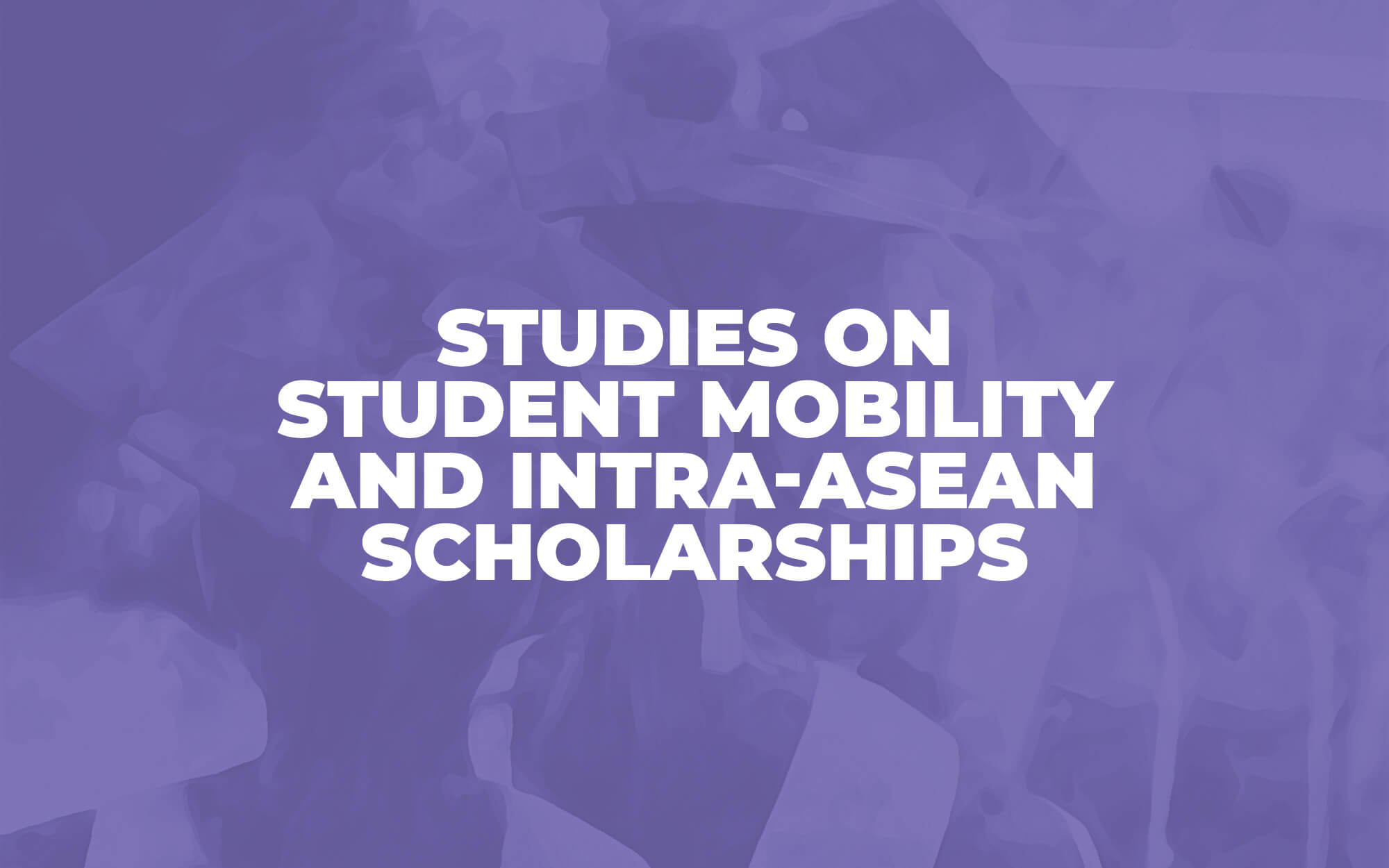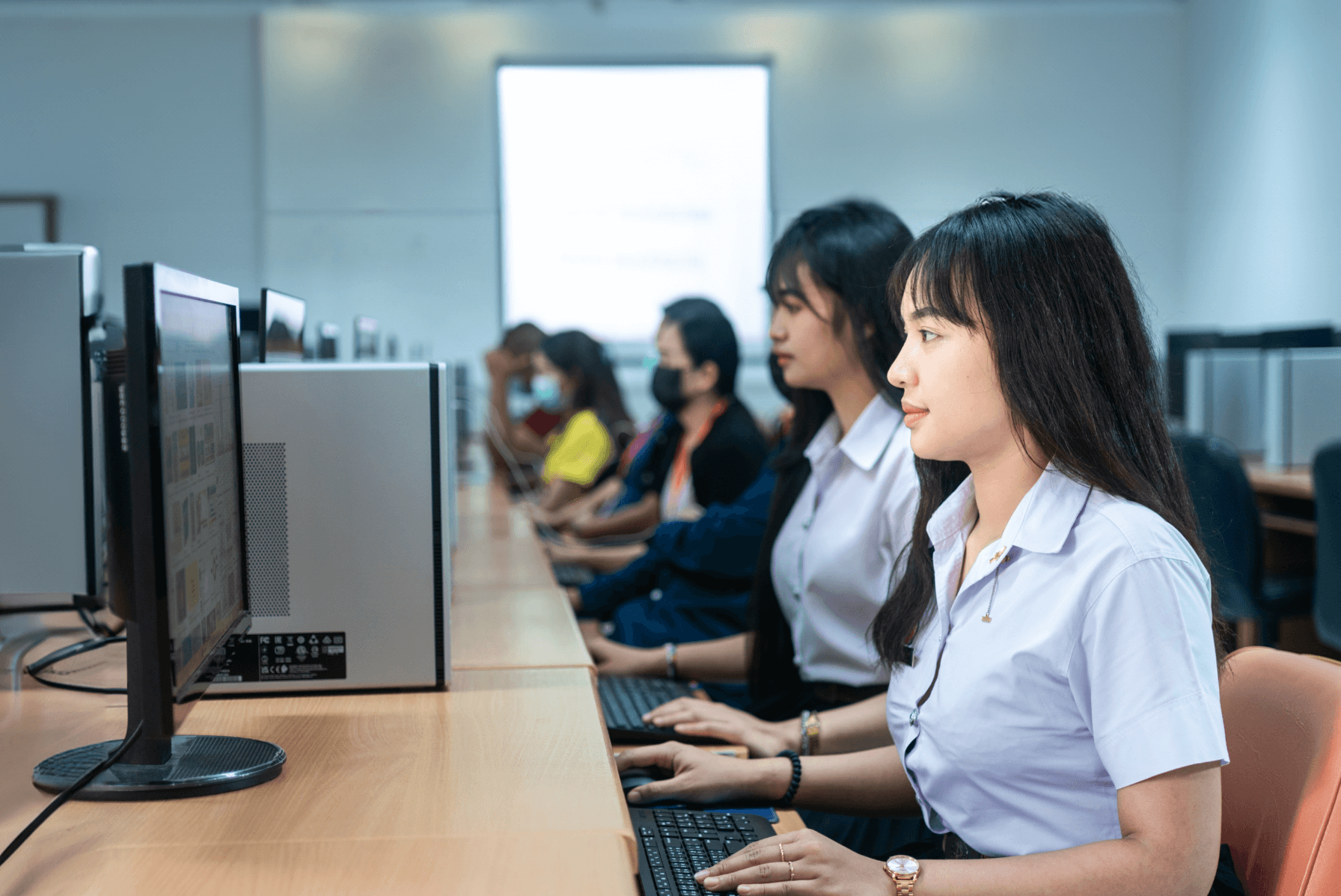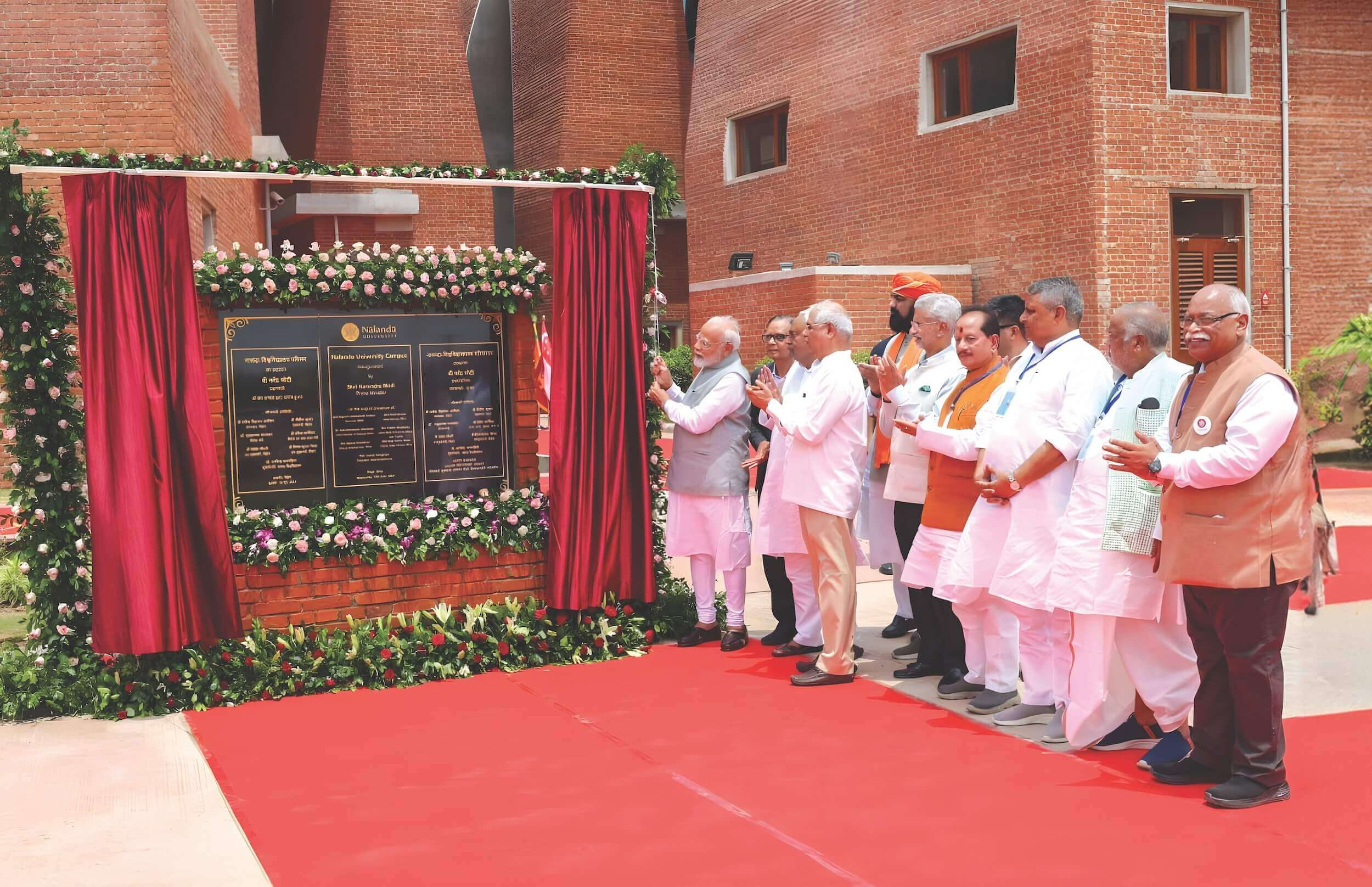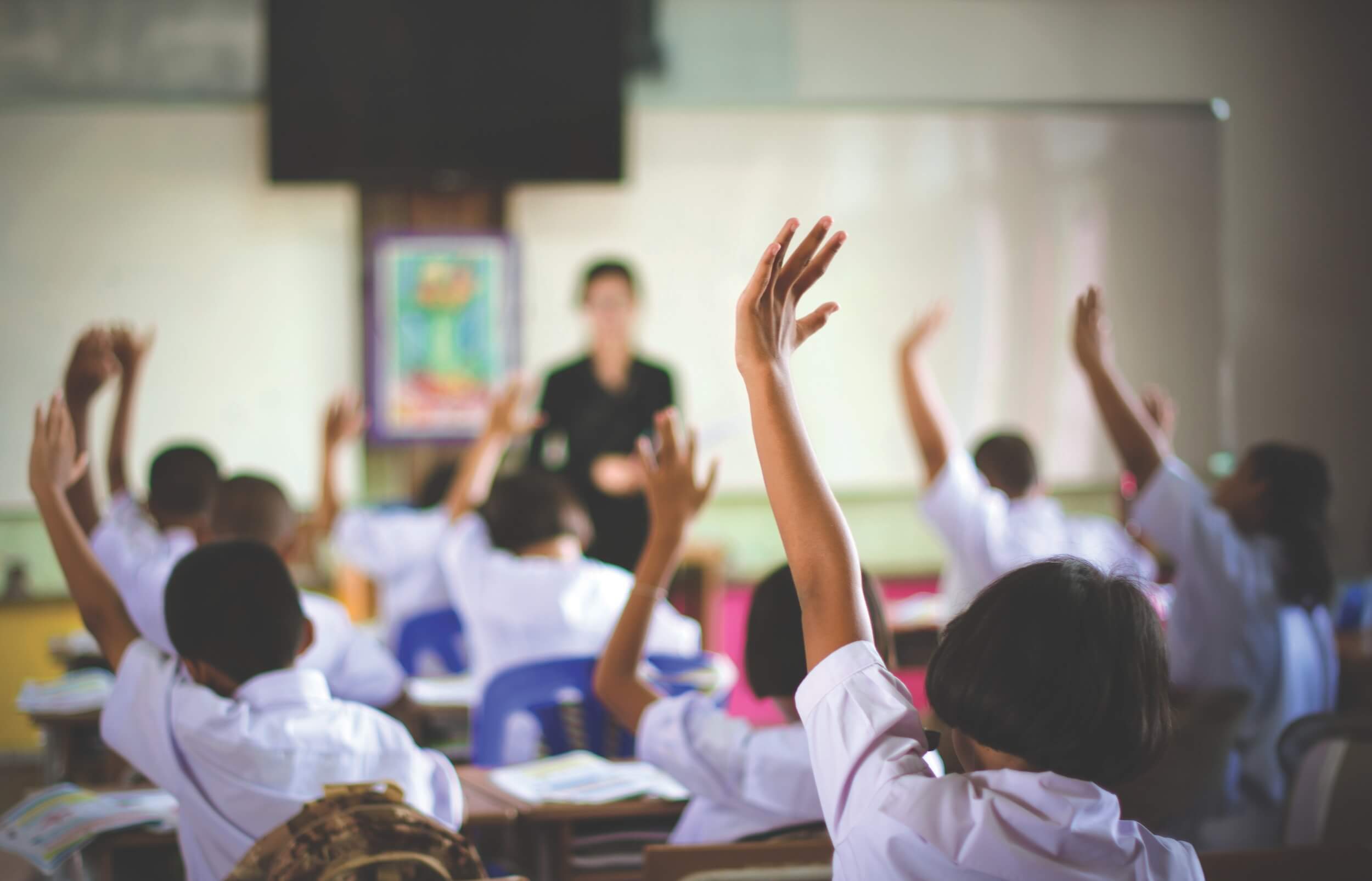



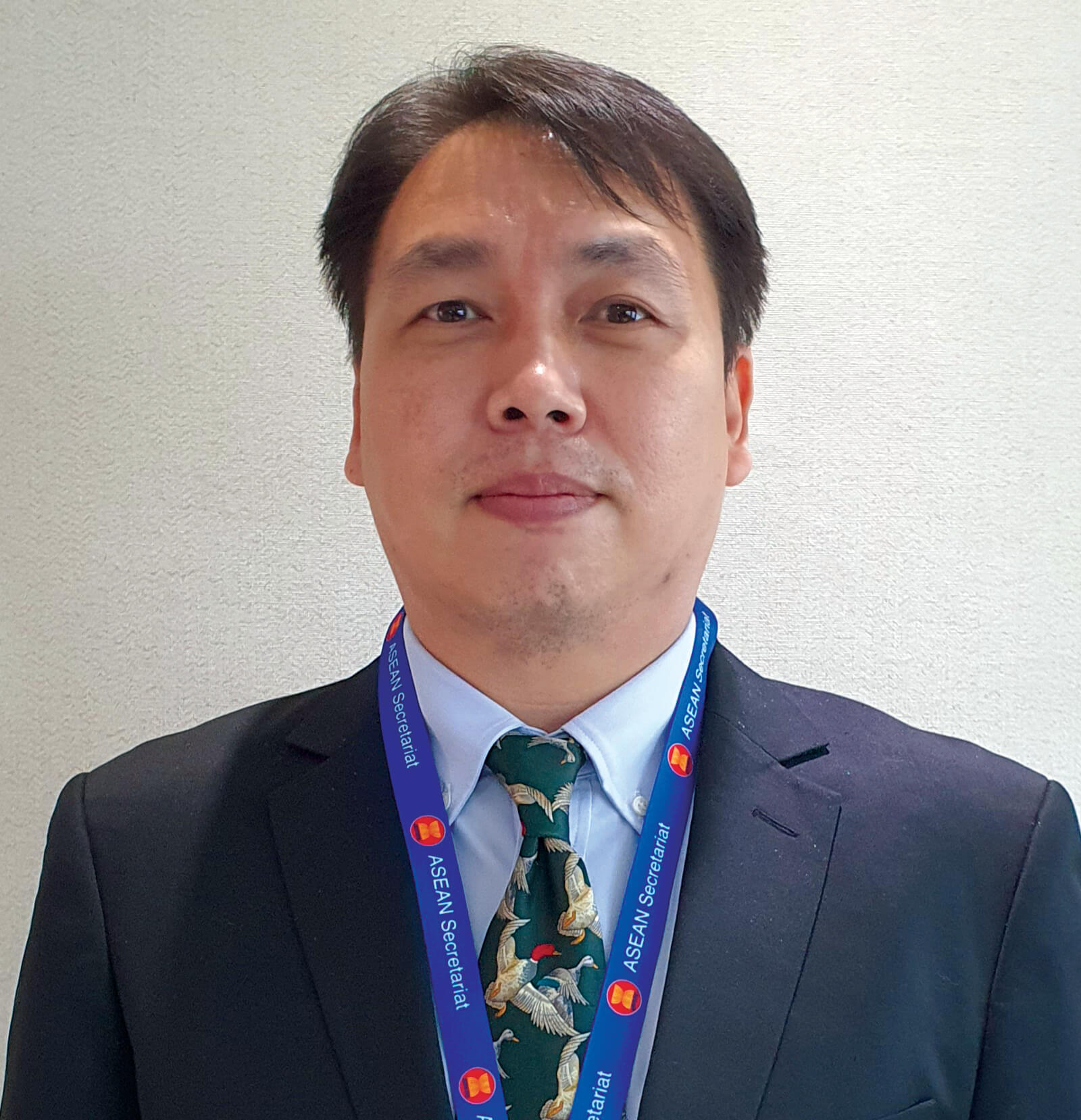
ASEAN and its Member States are keenly aware of the challenges posed by accelerated digitalisation and its impact on society, including the rapidly changing world of work. Moreover, the Member States recognise the need to integrate sustainable development goals into their education systems and strengthen resilience to future trends and disruptions.
Learning loss recovery continues to be a priority after the COVID-19 pandemic. In 2022, the ASEAN education sector, with support from UNICEF East Asia and the Pacific Regional Office (UNICEF EAPRO), developed the Reopen, Recover and Resilience in Education: Guidelines for ASEAN Countries. The guidelines include short and medium-term recommendations, interventions, and toolkits for learning recovery and building resilience in education in ASEAN Member States. In addition, the Recover Learning and Rebuild Education in ASEAN Region Ministerial Roundtable came out with a related policy brief addressing learning challenges brought about by the pandemic. The Cambridge Partnership for Education developed it, co-organised with Viet Nam’s Ministry of Education and Training, the ASEAN Secretariat, British Expertise International, and the Department for International Trade of the United Kingdom. As the region continues to recover, transforming education in ASEAN requires innovative and comprehensive approaches. Several key initiatives have been developed and implemented in the ASEAN education sector in recent years to prepare for the demands of the future.
The policy documents arising from these forward-looking initiatives are framed within the strategic frameworks of the ASEAN Digital Masterplan 2025 and the ASEAN Declaration on Human Resources Development for the Changing World of Work, adopted in 2020 and 2021, respectively. The masterplan lays the necessary groundwork for developing ASEAN as a leading digital community and economic bloc powered by secure and transformative digital services and technology ecosystems. The declaration addresses the challenges of human resource development in the rapidly changing world of work. It specifically provides critical directions for the ASEAN technical vocational training and education sector and underscores the lifelong learning framework.
The ASEAN education sector has set a goal towards its digital transformation with the ASEAN Declaration on the Digital Transformation of Education Systems in ASEAN, which was adopted in 2022. The declaration marks a significant step in our efforts to address key global challenges, promote lifelong learning, and support the UN 2030 Sustainable Development Agenda. Initiatives, such as the Building a Greener Future: Education as a Climate Solution and the Southeast Asia Regional High-Level Policy Dialogue with the theme “Leading Effective Integration of GenAI in Higher Education,” are testament to our commitment to this transformative journey.
A solid foundation for early learners
In the early childhood care and education sub-sector, the ASEAN Leaders Declaration on Early Childhood Care and Education (ECCE) in Southeast Asia was adopted in September 2023 at the 43rd ASEAN Summit. The declaration articulated global pledges from the 2022 Tashkent Declaration and Commitments to Action for Transforming Early Childhood Care and Education into the ASEAN context. This declaration was followed by the adoption of the Vientiane Statement on Equity, Access, and Environment: Advancing Climate Resilience in Early Childhood Settings in ASEAN in May 2024. This strengthened the ASEAN ECCE sub-sector’s commitment to achieving the UN 2030 sustainable development agenda with a strong focus on climate resilience. The ECCE efforts demonstrate our leaders’ solid support for providing early learners in ASEAN a strong foundation for their lifelong holistic development.
In the basic education sub-sector, ASEAN initiatives have focused on learning assessments, recovery and building resilience. With support from the Republic of Korea, through the ASEAN-Korea Cooperation Fund, the SEAMEO Secretariat, ASEAN Secretariat, and UNICEF EAPRO are implementing the 2024 Southeast Asian Primary Learning Metrics (SEA-PLM) Project. These assessments are being undertaken in most ASEAN Member States and Timor-Leste. The 2024 SEA-PLM aims to assess the learning achievements of Grade 5 students in the following domains: reading, writing, mathematics, and global citizenship. The project also incorporates advocacy and policy dialogues to promote foundational learning in ASEAN and its Member States.
ASEAN continues its efforts to make basic education accessible to children and youth regardless of their background. This is embodied in the ASEAN Declaration on Strengthening Education for Out of School Children and Youth adopted in 2016.
Higher education and lifelong learning
To promote life-long learning, the education sector has launched initiatives to promote private sector engagement in the technical and vocational education and training or TVET sector. It has also updated the TVET curriculum with the support of the German Government through GIZ’s Regional Cooperation for Technical and Vocational Education and Training in ASEAN (RECOTVET) programme. One of the key developments in recent years is the establishment of the ASEAN TVET Council (ATC). The ATC, a critical multi-sectoral (e.g. education, labour, and industry) coordination platform for TVET in the ASEAN region, plays a pivotal role in aligning TVET policies and practices across the region. Australia and Korea have also supported TVET-related policy dialogues and capacity-building initiatives. Focused on Cambodia and Lao PDR, the ASEAN-Swiss TVET Initiative takes an innovative work-based learning approach, which enhances the TVET capacities in the focus countries and also provides the ASEAN region key pilot cases for consideration by the ASEAN Member States when developing TVET-related interventions. The ASEAN Secretariat co-organised with the International Labour Organization (ILO) and UNICEF, the Breaking Barriers, Building Futures: ASEAN Regional Dialogue on Young People’s Skills, Employability and Transition to Decent Work, which addressed multi-sectoral challenges relevant to education, including TVET and higher education. The dialogue was also held in collaboration with the UNDP, UNESCO, and UN Women through the endorsement of the ASEAN Senior Officials Meeting on Youth (SOMY).
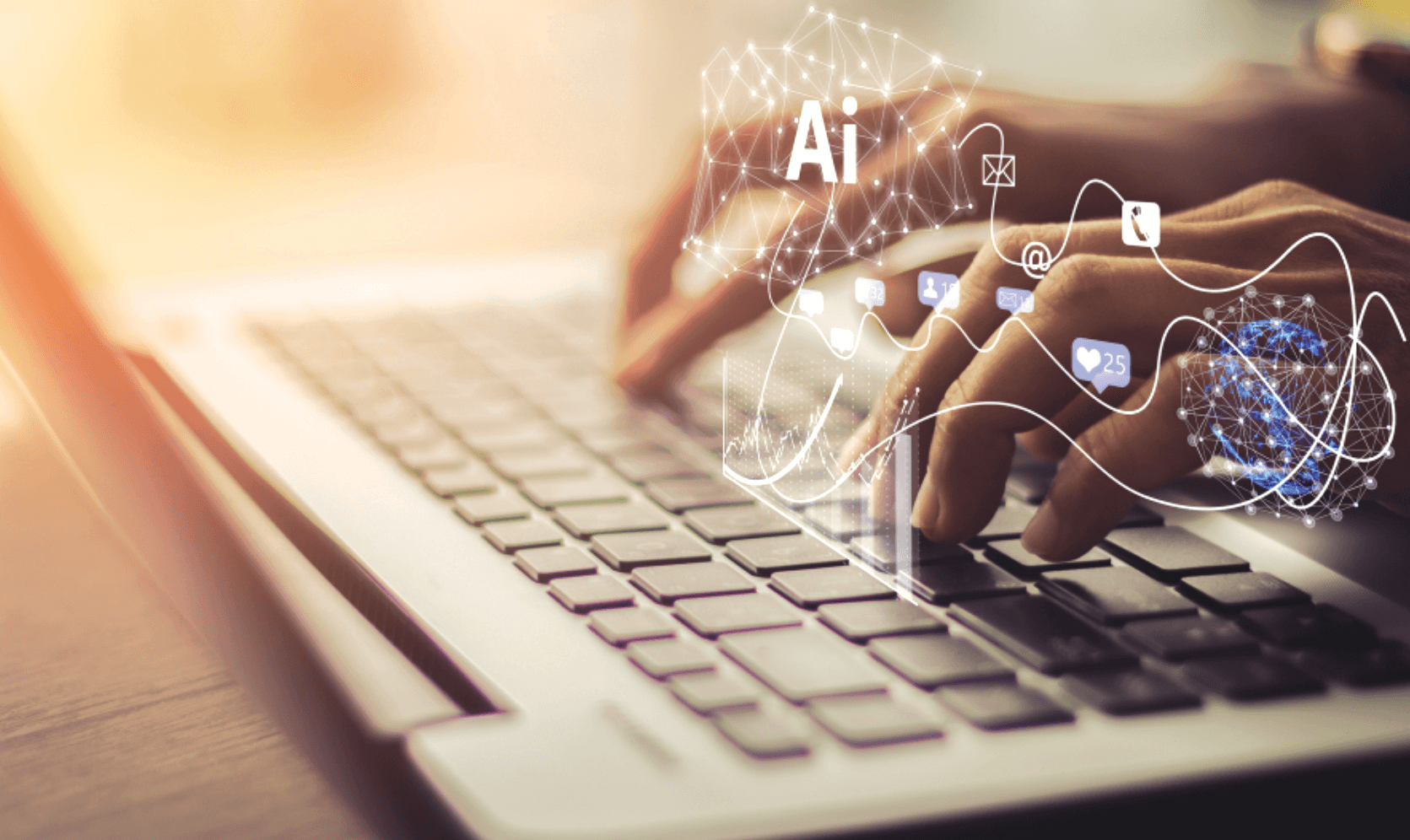
Since 2021, there have been significant developments and initiatives in ASEAN higher education, including the establishment of the ASEAN Working Group on Higher Education Mobility (AWGHEM), the launch of the Roadmap on the ASEAN Higher Education Space, various higher education policy dialogues, and the various commissioned reports including the Study on Enhancing Intra-ASEAN University Student Mobility and the State of Play of Higher Education in Southeast Asia which were made possible through the EU Support for Higher Education in ASEAN (EU-SHARE) project. The ASEAN-SEAMEO Joint Declaration on a Common Higher Education Space in Southeast Asia is also expected to be adopted later this year. The ongoing Intra-ASEAN Scholarship Project Phase 1 aims to provide evidence on existing higher education scholarships and mobility in ASEAN and beyond. It can also offer recommendations for a sustainable funding model as ASEAN develops an Intra-ASEAN Scholarship that can contribute to increased awareness of ASEAN among the youth, and strengthen ASEAN community-building. Furthermore, the ASEAN Qualifications Reference Framework is also being revisited for future revision to integrate digital transformation-related issues (e.g. Massive Open Online Courses and micro-credentials) and enhance its alignment with other regional qualifications frameworks, including from the European Union.
Innovation for a digital future
ASEAN education has been proactively undertaking initiatives that facilitate the sector’s transformation. These include enhancing regional, inter-regional and global partnerships with key international organisations, including GPE, UNICEF, UNESCO, and ILO, and increasingly taking a multi-sectoral approach towards innovative approaches towards the transformation of ASEAN education. There has been more emphasis on building evidence for policy-based intervention, as seen in the various education-related reports in recent years.
The transformation of ASEAN education towards enhancing inclusion, equity, quality, and relevance is clearly in progress. However, much needs to be done, including operationalising key declarations, ensuring sustainability of initiatives, and promoting sustainable funding and resource mobilisation of education-related initiatives in the region. There is also a need to enhance the capacity of teachers to adapt to the digital transformation of education systems, which is required to facilitate the use of innovative digital pedagogies. It is crucial to conduct effective assessments of learning outcomes in a world where Artificial Intelligence and Generative AI are quickly permeating educational settings and all aspects of work and life.
Read:
https://asean.org/book/reopen-recover-and-resilience-in-education-guidelines-for-asean-countries/
https://asean.org/book/asean-policy-brief-on-safe-school-reopening-learning-recovery-and-continuity/




